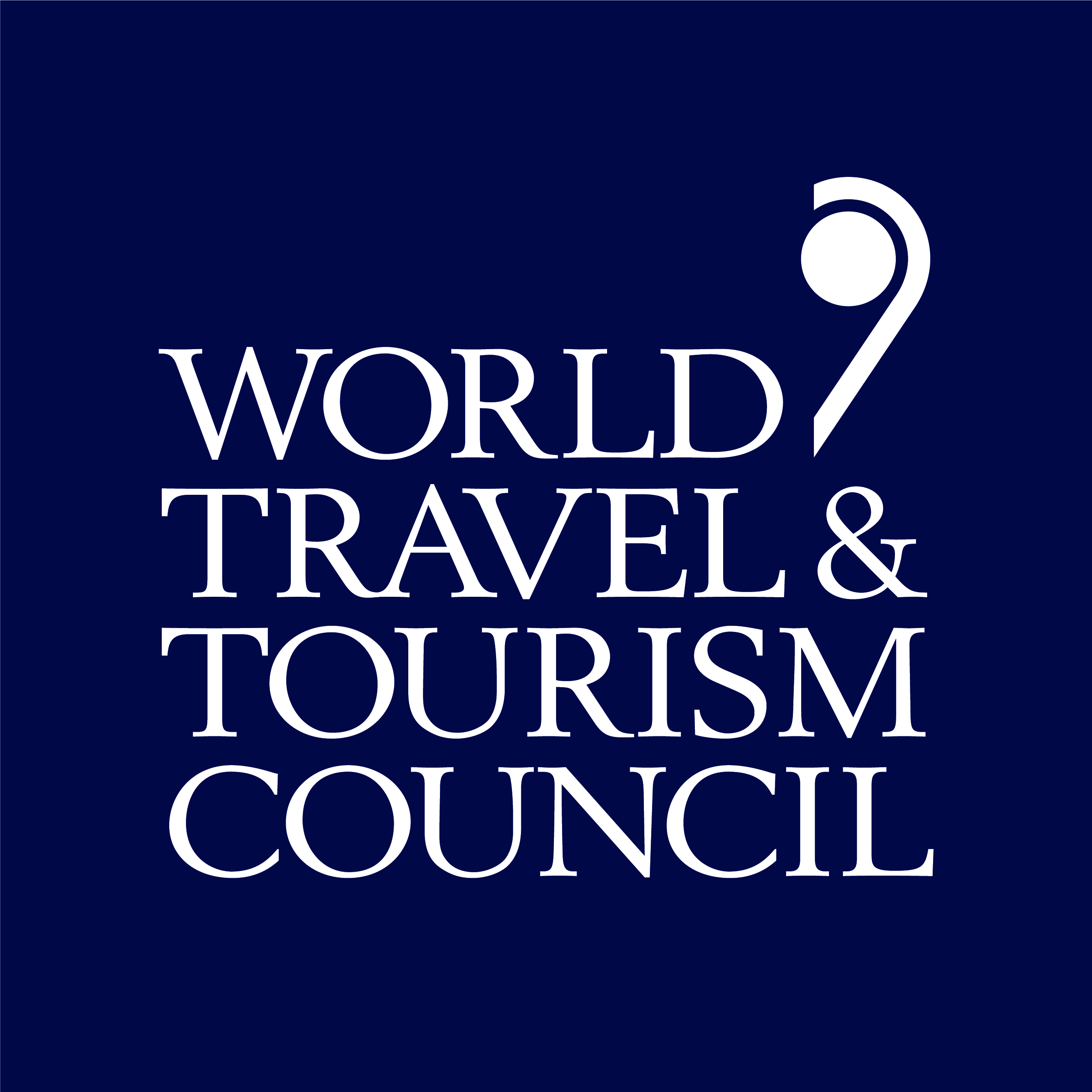Traveling responsibly: Reducing tourism’s impact on biodiversity

Tourism is a major economic driver, but its growth often comes at the expense of the environment. The degradation of natural habitats and the loss of biodiversity are pressing issues that necessitate immediate action. To mitigate these negative impacts, businesses should start implementing eco-friendly policies, promote responsible behaviour among tourists, invest in green infrastructure, and support habitat restoration projects.
Eco-friendly policies
Implementing eco-friendly policies is the cornerstone of reducing tourism's impact on biodiversity. Businesses such as small and medium enterprises (SMEs) should focus on policies such as:
Sign in to access actionable insights
Tourism is a major economic driver, but its growth often comes at the expense of the environment. The degradation of natural habitats and the loss of biodiversity are pressing issues that necessitate immediate action. To mitigate these negative impacts, businesses should start implementing eco-friendly policies, promote responsible behaviour among tourists, invest in green infrastructure, and support habitat restoration projects.
Eco-friendly policies
Implementing eco-friendly policies is the cornerstone of reducing tourism's impact on biodiversity. Businesses such as small and medium enterprises (SMEs) should focus on policies such as:
- Waste reduction: Minimising waste through recycling programs, reducing single-use plastics, and promoting sustainable packaging can help. Hotels and resorts can implement waste management systems to ensure proper disposal and recycling of waste materials.
- Water conservation: Utilising water-saving technologies such as low-flow toilets and showers and encouraging guests to reuse towels and linens can be useful. Establishments can also harvest rainwater and treat greywater for reuse in landscaping.
- Energy efficiency: Adopting energy-efficient practices like LED lighting, solar panels, and energy-efficient appliances are important. Hotels and tourist facilities can invest in renewable energy sources to reduce their carbon footprint.
Promoting responsible tourist behaviour
SMEs should educate tourists about their impact on natural habitats and wildlife. Tourists should be encouraged to respect natural habitats. They should be made aware of the importance of staying on designated paths to avoid trampling vegetation and disturbing wildlife. Signs and information boards can guide tourists on how to minimise their impact.
Moreover, keeping a safe distance from animals, not feeding wildlife, and refraining from purchasing souvenirs made from endangered species are important behavioural changes. Wildlife viewing should be conducted in a way that does not stress or harm the animals. Participating in conservation activities such as beach clean-ups or tree planting can also help. Tourists can also support local conservation projects through donations or volunteer work.
Moreover, green infrastructure is essential for minimising the environmental footprint of tourism. SMEs should focus on developing eco-friendly hotels and lodges that use sustainable building materials, operate on renewable energy, and manage waste and water efficiently. It is also essential to promote the use of electric or hybrid vehicles, bicycles, and public transport to reduce emissions. Developing pedestrian-friendly pathways and bike lanes can also encourage tourists to opt for more sustainable modes of travel.
Supporting Habitat Restoration Projects
Tourism activities can lead to habitat degradation, but SMEs and tourists can play a role in restoration efforts. Identifying opportunities for positive contributions can be streamlined with the help of resources such as the Animal Protection Network, which aids Travel & Tourism businesses in discovering genuine and impactful community-based projects. Similarly, National Biodiversity Strategy and Action Plans (NBSAPs) also outline their strategies for the conservation and sustainable use of biological diversity. These plans are accessible through the relevant national authorities.
Moreover, when it comes to evaluating, managing, monitoring, and reporting environmental impacts, SMEs can rely on a variety of standards and frameworks such as:
- Capitals Coalition – Biodiversity Navigation Tool: This tool is part of the Natural Capital Assessment, designed to guide users through a biodiversity-inclusive approach.
- International Finance Corporation (IFC) - Performance Standard 6: This focuses on Biodiversity Conservation and Sustainable Management of Living Natural Resources (2012). It helps businesses manage their impact on biodiversity and ecosystem services.
- ISO 14001: Environmental Management Systems: It is an international standard suitable for companies and organisations of any type seeking practical tools to manage their environmental responsibilities
SMEs can allocate a portion of their profits to support these initiatives, ensuring that the areas they depend on remain healthy and vibrant.
The impact of tourism on biodiversity can be significantly reduced through concerted efforts. By taking these steps, businesses can contribute to the preservation of natural habitats and the protection of wildlife, ensuring that tourism remains sustainable and beneficial for both the environment and local communities.


















